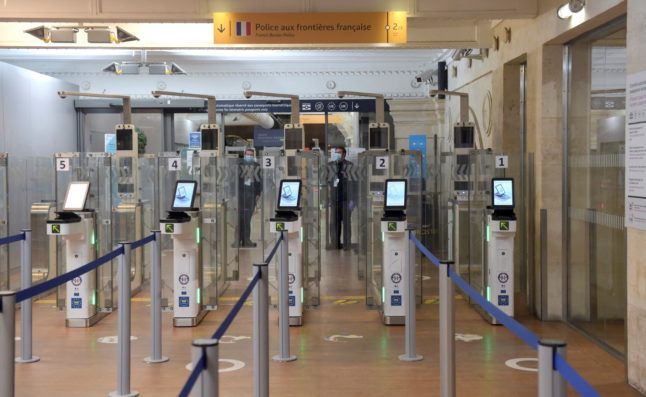From a day off from work and practical jokes to extended café terraces, plus changes for motorists and spring festivals to enjoy – here’s what is happening in France in April.
What changes in France in April 2024
Tax season is approaching in France so here’s our guide to what foreigners in France need to know about the 2024 French tax system – from making your first declaration to claiming tax breaks, via the rules on foreign bank accounts and second homes.
The bumper French tax guide for 2024
Speaking of taxes… From giving to charity to setting up a private pension, hiring a cleaning or childminder, there are lots of things that will earn you a tax break in France – provided you remember to declare them on your annual tax declaration.
10 tax breaks you could benefit from in France
While it is a wealthy country (the 7th largest economy in the world) France is not a particularly high-wage society – so how much money do you need to be considered wealthy by French standards?
How much money do you need to be considered rich in France?
At some point during your time in France, you will likely have to write an ‘attestation sur l’honneur’ – here’s what this document is for and how to write one properly.
How to write a French ‘attestation sur l’honneur’
If you’re feeling fancy and want to splash out on something special you might pick up the Michelin guide to find a restaurant, but did you know that there’s also a listing for restaurants that serve delicious food at lower prices?
‘Bib Gourmand’: Where can you find France’s bargain Michelin-grade restaurants?



 Please whitelist us to continue reading.
Please whitelist us to continue reading.
Member comments